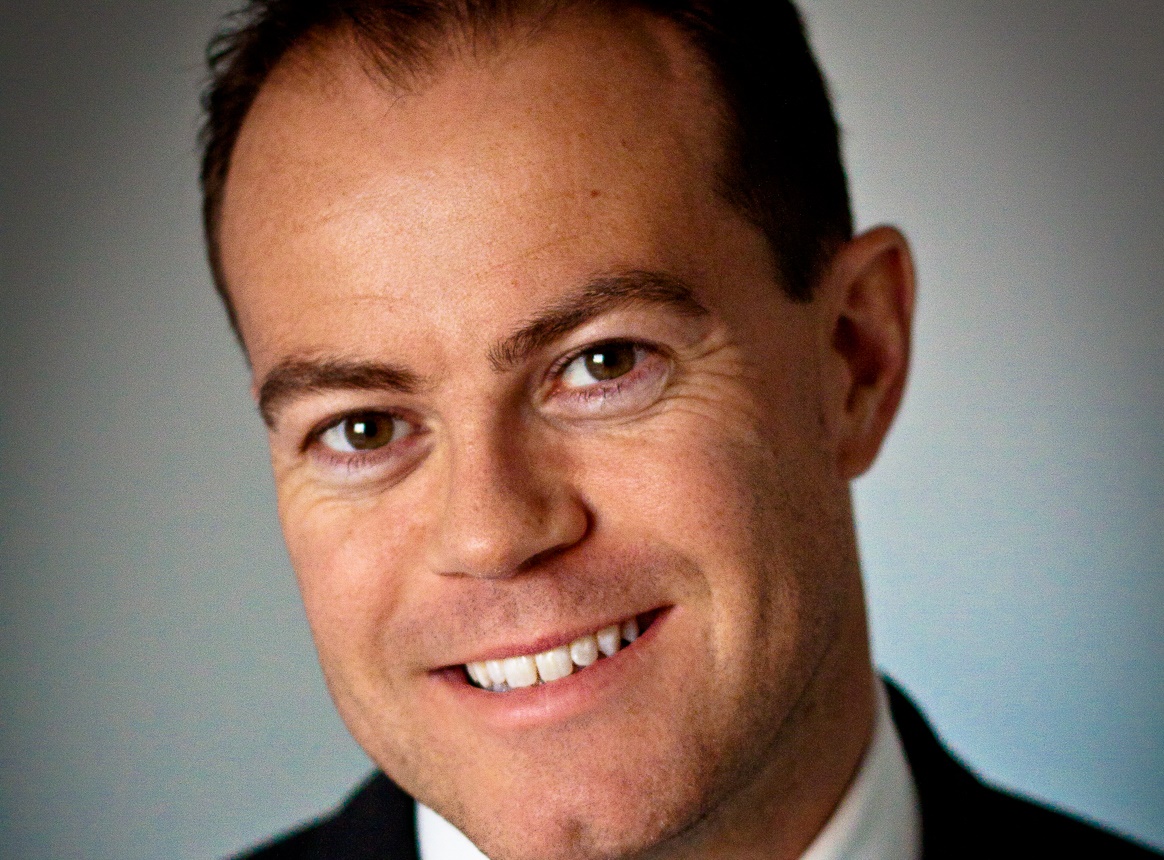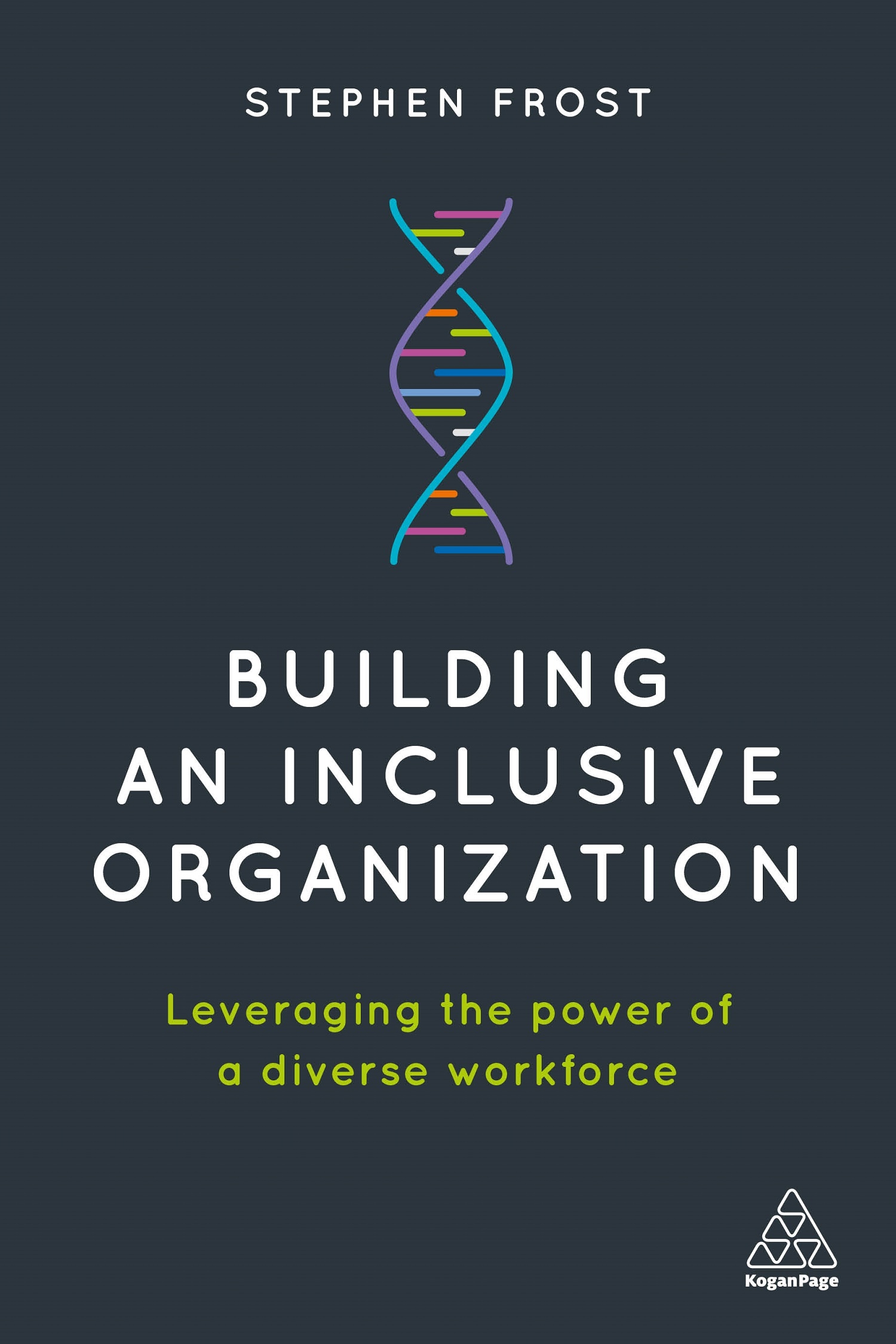Comment | How Trump’s trans ban is impacting US military success
Stephen Frost is the founder of Frost Included, a consultancy dedicated to helping understand diversity and inclusion
By Steve Brown

Stephen Frost is the founder of Frost Included, a consultancy dedicated to helping people understand diversity and inclusion. His new book ‘Building an Inclusive Organization’ is out now, published by Kogan Page. For more information go to www.frostincluded.com or find Stephen on Twitter @FrostIncluded
When the US supreme court supported Donald Trump’s ban on transgender people serving in the military in January 2019, there was (rightly) uproar among human rights campaigners around the world.
What many critics failed to recognise, however, was how the decision was actually a self-inflicted limitation on just how effective the US military can be.
In numerous studies across various fields, there has been strong evidence to demonstrate how diversity helps teams to make better decisions.
A study from the University of Michigan showed that having a diverse range of viewpoints in a group can actually be more important than the intelligence when it comes to decision making and task performance.
Even when the group is made of experts and the task is related to the field they are experts in, a diverse team will often outperform one made up of similar individuals.
The problem that a lack of diversity in a team can lead to is sometimes referred to as “groupthink”. This means that when too many people think in a similar way, they just encourage each other, rather than challenging with alternative points of view.
History is littered with famous examples that have demonstrated this in disastrous results – NASA’s decision to launch the space shuttle Challenger, John F Kennedy’s famously botches Bay of Pigs invasion, and the organisational culture in many financial institutions that ultimately led to the financial crisis that still we’re still feeling the after-effects of today.
Operational effectiveness
When we talk to clients in the defence sector, they tell us that their primary goal is operational effectiveness.
Perhaps the question that should therefore be posed to Trump and the US military is, ‘Does the inclusion of transgender people in the military contribute to, or hinder, operational effectiveness?’
The evidence suggest it contributes to operational effectiveness. Studies have showed that a lack of diversity can lead to higher risk-taking, lower resilience and lower productivity.
However, in cases of very high levels of diversity, a failure in leadership can create a lack of trust, poor morale and team bonding.
As a general rule, the military are very good at leadership, and their success is built on it. Within 15 years of working with the UK military on diversity and inclusion, it has gone from one of the worst sectors on LGBT+ inclusion to one of the better ones according to the Stonewall Workplace Equality Index.
When I first started working with the Royal Navy after the lifting of the LGBT ban in 2000, Naval captains were brutally honest with me.
They understood that they had always had gay personnel on their teams, and they knew that had been persecuted – it bad for the individuals and the overall team morale.
However, when you are a family at sea for six months you have to work as a cohesive unit, so they made a conscious decision to include. They recognised that including difference makes you stronger, not weaker.
When Trump announced his trans ban, UK military leaders across the services were unanimous in their condemnation of an unnecessary and politically charged policy of discrimination. They understood how it could harm the hard-won cohesiveness of the military.
Indeed, the British Royal Airforce actively celebrated the contributions of their trans personnel. The RAF Museum celebrates Roberta Cowell, Caroline Page and Ayla Holdom, thre transgender women who are either currently serving, or have previously served in the Royal Air Force over the past 100 years.
One recently retired marine, Jerry Patterson, when on record to argue that trans people should be banned because, according to a 2015 survey by the National Coalition of Transgender Equality “…40 per cent of trans identified respondents had attempted suicide during their lifetime — nearly nine times the attempted suicide rate in the US population.”
What this fails to recognise, however, is that like all of us in general, not all trans people want to serve in the military.
Ultimately, the question we need to ask ourselves is why the military exists? Surely it is to defend the values we hold dear – and inclusion should be one of these values.

